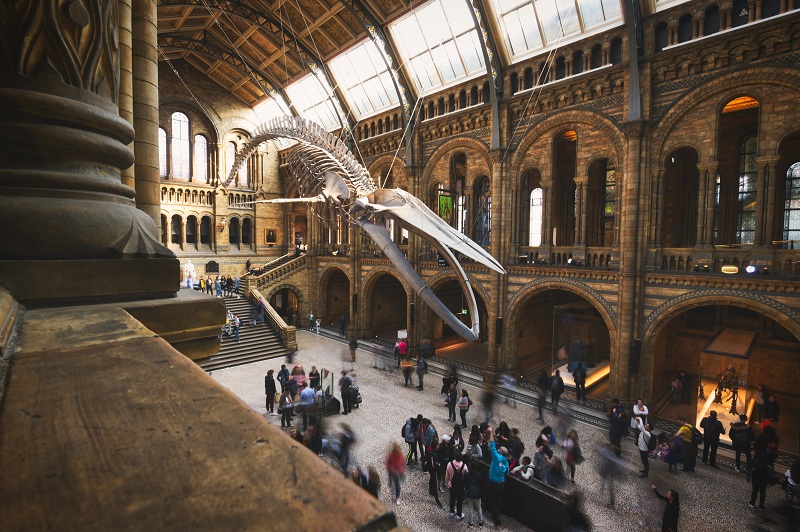
- The British Museum is venturing into the Metervese following its partnership with the Sandbox.
- Other museums including Ukraine’s Kharkiv Art Museum have already ventured into the metaverse.
- The Sandbox (SAND) token price reacted minimally following the partnership.
The British Museum will be working with the Sandbox Metaverse development platform to bring it into the Metaverse, according to a July 27 announcement.
The partnership, according to the announcement, aims to develop fresh “immersive experiences” for users to learn about global history. The generation of a variety of digital collectibles will take into account the museum’s various collections.
The chief operating officer and co-founder of the Sandbox Sebastien Borget called the partnership an opportunity to share the museum’s collections with new audiences. He said:
“This is a great opportunity for The Sandbox players, regardless of where they are, to learn about and enjoy the amazing collections of human history, art, and culture in the British Museum.”
The British Museum ventures into Web3
The partnership also involves the licencing partner for the museum, a Web3 platform called laCollection, which has previously worked with top museums all over the world to digitise their collections.
The British Museum may be entering the Web3 space for the first time at this time, but it is not the first time a significant museum has entered the Metaverse.
A new exhibition on the expanding nexus between art and blockchain debuted this past spring at the Centre Pompidou, one of France’s top museums for modern art and the location of the continent’s first modern art collection. As part of a permanent exhibition, the museum unveiled items from some of the most coveted nonfungible token (NFTs) collections in the world, including CryptoPunks and Autoglyphs.
Prior to that, the Kharkiv Art Museum, one of Ukraine’s oldest museums of modern art, started an NFT collection as a fundraiser to support its operations and safeguard its cultural heritage.
The first museum in Europe to tokenize a work of classical art with a million-euro value was the Royal Museum of Fine Arts in Antwerp, Belgium.

